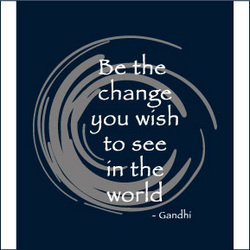Spread Around the World

After the happenings in France, many other European countries soon followed suit, as Germany, Belgium and England took example to their French sisters. Because of Masonic lodges that were located on the border, Germany did feel an impact from French women involved in Freemasonry. The ideals of philanthropy from the French Freemasons are evident in the German “expression in the form of songs and poetry, [as] a poem written by Anna Louisa Karschin was put to music and sung at an annual meeting of a lodge in Berlin” (Huffmire, 17). Karschin speaks of the “charitable acts of the institution” (Huffmire, 17). Within a hundred years, more than one hundred lodges were created in Belgium. In England, women were prohibited in participating in the regular meetings and events of the Free Masons, so they decided to create their own group as well – the Grand Lodge of London.
Due to the philosophy and beliefs of the Enlightenment period and around the French Revolution, French women sparked a movement for feminism throughout Europe thanks to Freemasonry. The Masonic lodges provided a ground for women to express their ideals on equality and independence in the eighteenth-century. Change was something the women were not going to stay quiet about; they were no longer going to be subordinate to their male counterparts.

